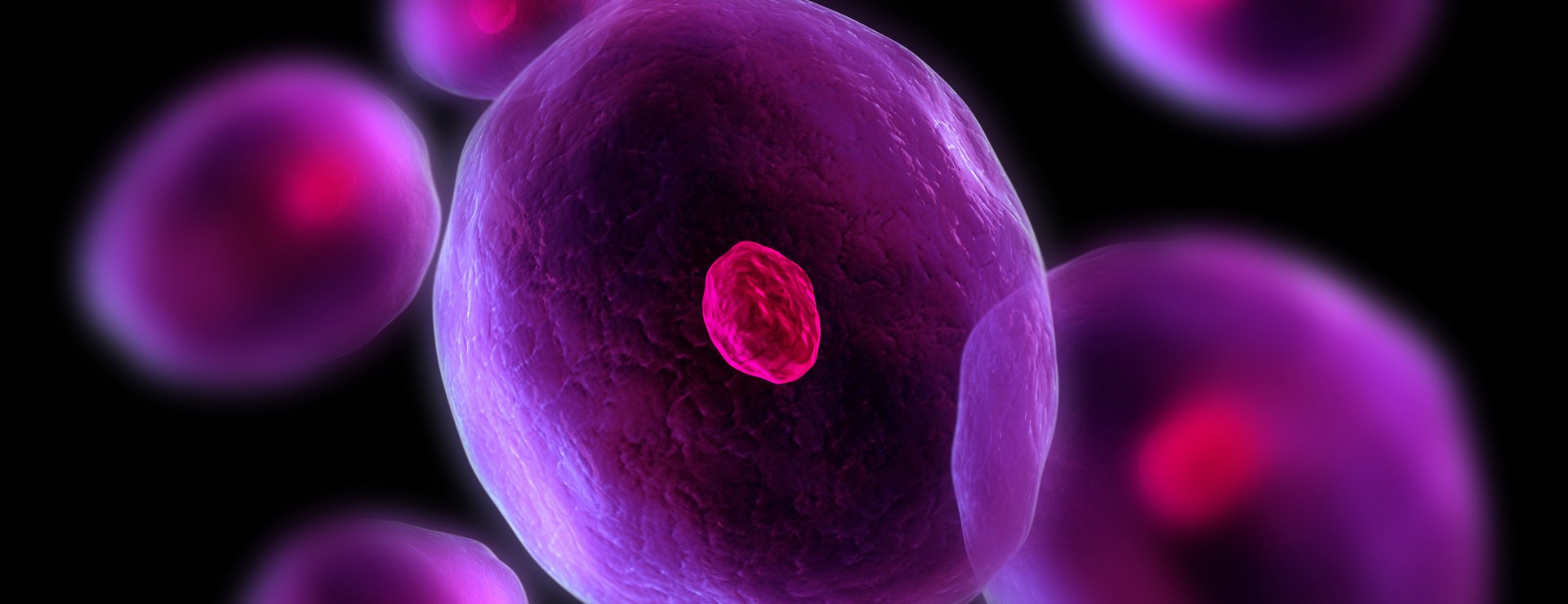
Prof. Dr. rer. pharm. Jeroen Buters
Deputy Director of ZAUM-Center of Allergy & Environment, Workgroup “Environment”"Our group aims on estimating risks, to develop forecasting methods, to enable primary prevention and discover mechanisms that are important for the prevention and the treatment of allergies."
"Our group aims on estimating risks, to develop forecasting methods, to enable primary prevention and discover mechanisms that are important for the prevention and the treatment of allergies."
Overview
Air quality is important for quality of life and health. Thus, air quality for nitrogen oxides, ozone and particulate matter (PM10 and PM2.5) are extensively (and expensive and obligatory by law) measured all over the world (see https://www.iqair.com). Surprisingly, although about 25% of the world-wide population suffers from some kind of allergic disease, mostly against pollen (especially grave in western countries), the biological air quality is badly monitored, if at all. Funny molds on Sahara dust, allergenic pollen, airborne bacteria that stimulate allergic sensitization: all are white spots on the map.
The view of Prof. Buters is that the biological air quality parameters should be equally well monitored, and very importantly, made public available at no cost as the “chemical” pollution data. That is currently not done. Except in Bavaria and Switzerland, where automatic pollen monitors are newly installed (www.pollenscience.eu). We should make this available for the whole of Germany and, if possible, the whole of Europe. Europe is currently leading in this field. It is worth keeping this that way.
Academic Pathway & Research Area
Prof. Buters worked 5 years in Switzerland with a PhD in pharmacology and a job at Hoffmann-La Roche in drug development. He then worked 5 years in USA, at the National Institutes of Health (NIH) in Bethesda as a molecular biologist in the field of carcinogenesis, constructing cytochrome P450 (important drug metabolizing enzymes, also responsible for genotoxic metabolites) gene expression systems and made knockout-mice for models in carcinogenesis. Back in Germany he became a board-certified toxicologist and since 2000 he is focusing on allergic diseases and environment. What makes individuals allergic? The biological exposome became his focus: airborne pollen, molds, and bacteria. The potency of pollen became important: how much allergen does one pollen carry, as it is the allergen that makes individuals suffer. In this field Prof. Buters was coordinator of the EU-wide project HIALINE. The newest development is the implementation of robotic pollen monitors. Prof. Buters is currently world-wide leading (with competition from others) in robotic online pollen monitoring, exemplified by his network of monitors www.pollenscience.eu.
In the end Prof. Buters wants to explain which factors make an individual allergic, and when being allergic, what makes them feel so bad? Of course, enabling sufferer to better cope with their disease is currently going on. Nobody uses online pollen measurements to make a pollen forecast. The new online pollen forecast of Prof. Buters will make the forecast finally reliable.
Fields of Work and Expertise
Big DataPollenAllergensHouse Dust Mite AllergyGrass AllergyExposome
Professional Background
Deputy Director Center of Allergy & Environment (ZAUM)
Chair Sektion „Umwelt und Arbeitsmedizin“, DGAKI (Deutsche Gesellschaft für Allergie und klinische Immunologie
Visiting scientist NIH, Bethesda, USA
Honors and Awards
August 2022
Expert on climate change panel discussion with the minister of Health of Bavaria, Klaus HoletschekSince 2015
Coordinator of the project “ePIN” (electronic Pollen Information Network)2009
Coordinator of the EU-project “HIALINE”
Interesting Facts
Pollen make about 25% of the population ill, at certain times. Why is getting pollen flight information so inaccurate and difficult to get? Prof. Buters is focusing on changing this situation.




